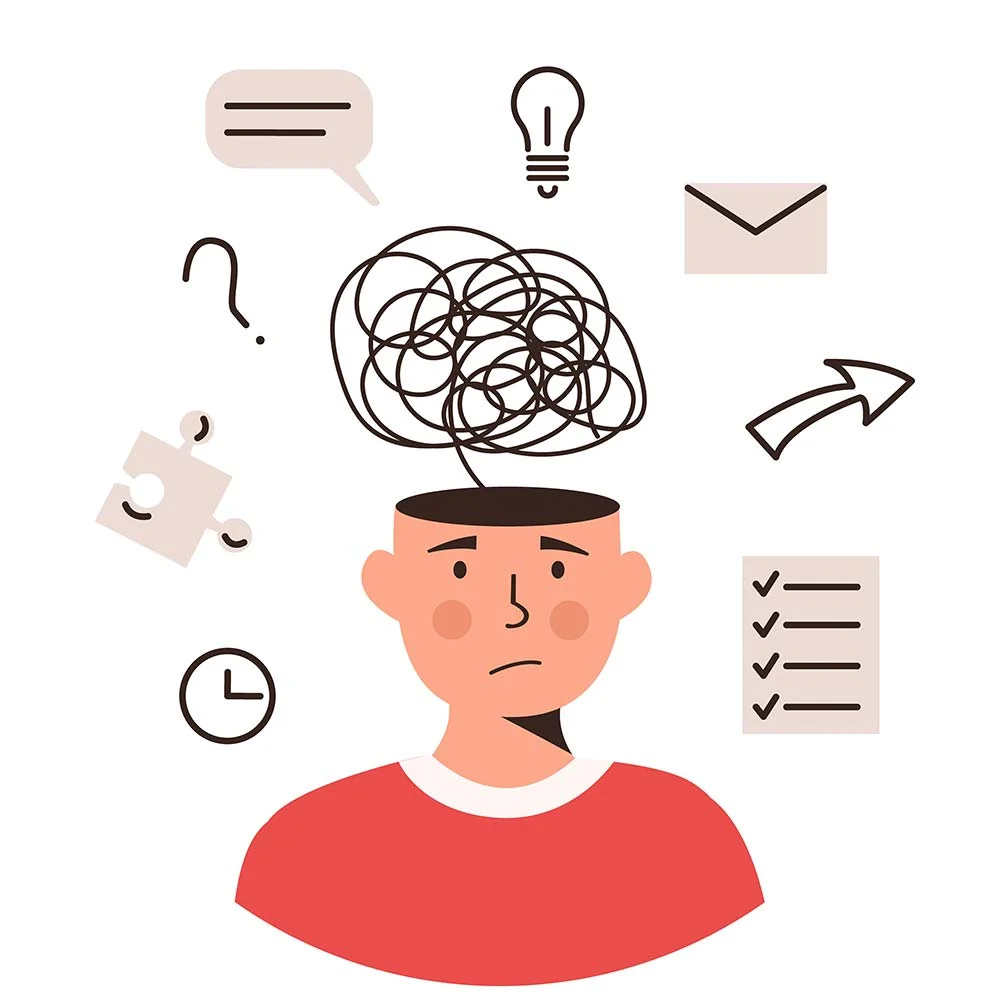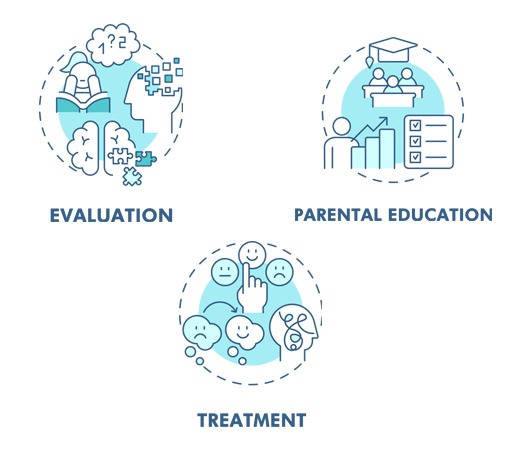To create a state-of-the-art professional center for children and young adults and their families dealing with Attention-Deficit Hyperactivity Disorder (ADHD) or Attention Deficit Disorder (ADD) across all types.
To teach children and their families how to properly deal with ADHD/ADD and related behaviors, thereby helping them function as fully productive members of society.

ADD/ADHD is a common and significant disorder, which, without treatment, is liable to cause severe damage to a person’s functioning and health. It is also accompanied by significant associated morbidity, mainly in the behavior and emotional areas. It is estimated to occur in 5-10% of the total child population of school age. It does not always disappear in adulthood and will accompany a significant number of persons afflicted with the disorder throughout adolescence and adulthood.
Children with attention-deficit/hyperactivity disorder (ADHD) experience more obstacles in their path to success than the average student. The symptoms of ADHD, such as inability to pay attention, difficulty sitting still, and difficulty controlling impulses, can make it hard for children with this diagnosis to do well in school.
The diagnosis must be made by a medical professional who specializes in the field of ADD/ADHD, and can include a specialist in pediatric neurology and child development, a specialist in pediatric and youth psychiatry, a specialist in adult neurology or psychiatry, or a pediatrician with experience in child development. Other health professionals can be involved in the diagnosis (social workers, didactic evaluators, occupational therapists, physiotherapists, and speech therapists).
The diagnosis is carried out according to internationally recognized criteria and based upon the updated DSM guide. There are differences in the tools used to evaluation children versus adults.
The evaluator must also consider the different types of associated morbidity, and consult with or refer to professionals from the relevant area.
A variety of drugs are available to treat this disorder, and with the appropriate treatment, it is possible to improve the overall functioning and daily behavior, and influence future functioning.
However, medical professionals highly recommend a holistic approach together with medicinal treatment, and which also focuses on the functional areas of difficulty. For example, in a child with ADHD and learning difficulties both elements should be referred to in order to maximize the improvement in functioning. A large number of patients require help and guidance in several areas of functioning such as social, educational, occupational, and behavioral. In addition, families, and parents of children who suffer from ADHD, require guidance on how best to deal with the child or adult suffering from this ailment, thereby creating the best environment possible for all concerned.
Within the framework of the services offered by Hakshiva to the Beit Shemesh community, many instances of children and young adults who are suffering from ADHD were identified. Some were on medication, while some were not.
There is a serious lack in accompanying behavioral therapeutic considerations, including training for parents, which should accompany any medicinal treatment of ADHD and which would be a critical component of any long term and lasting improvement in the condition.
In addition, there is significant confusion and lack of understanding among educational staff and parents in the subject and there are many questions surrounding ADHD.
Currently the community of RBS is lacking a center where comprehensive and holistic treatments can take place under one roof.

Hakshiva is working on opening a full-fledged center which will focus on behavioral therapy and dyadic training for kids suffering from ADHD, practice for young adults, as well as parent training in behavior management. We will liaise with medical professionals to offer a holistic approach to medicinal and behavioral therapy. In addition, we will offer training and workshops to educational staff in the various schools as well as workshops to mothers/parents.
The Center staff will be highly trained and maintain a close connection with the patient’s doctor in order to ensure that the medicinal dosage, if relevant, is appropriate for the patient, and in order to complete the holistic treatment of the patient.
We are already offering cognitive-functional therapy, a unique treatment approach developed
for children ages 5-10 with ADHD which targets the executive functioning of these children. We are also offering parent training workshops.

I’m much more aware of my interactions with my child and in control of my responses. I’m more focused on being able to help her develop skills and am able to give her opportunities to learn

there’s no doubt this was helpful, I see that my son is much more calm and capable

I’ve tried so many different things, this is finally something where I am getting tools and making sense of what’s going on with my daughter
